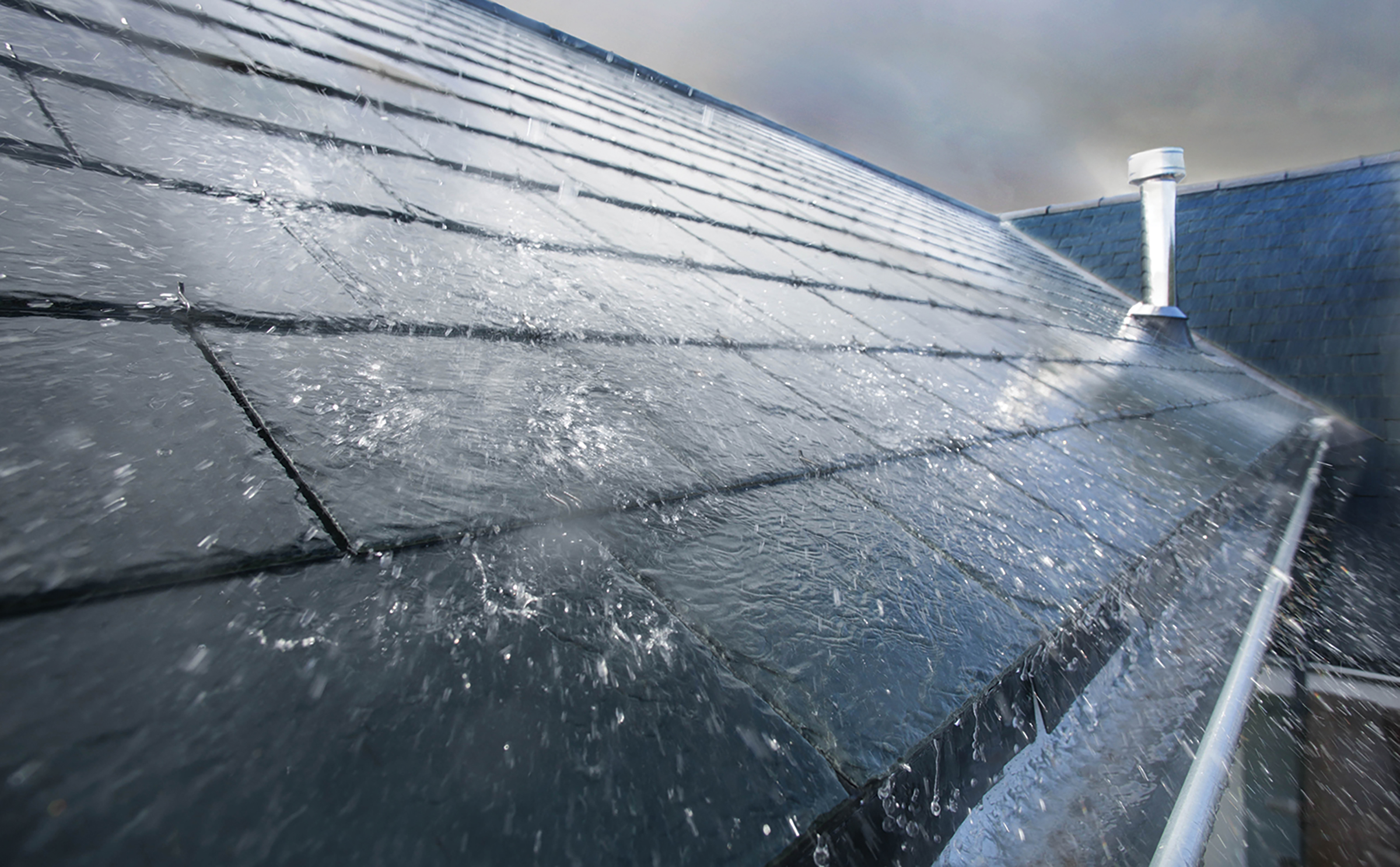Suwanee City Council members voted unanimously in June to enact a stormwater utility fee to offset costs of infrastructure management to the tune of about $1.5 million per year for the first few years. Residents will see the fee on property tax notices set to be issued in October.
Fees for the stormwater utility are based on the amount of impervious surface on a parcel, including driveways, parking lots, rooftops and other features that prevent water from absorbing into the ground, which increases stormwater runoff into pipes and streams, impacting drainage systems and local bodies of water. According to the city, “Stormwater utilities are a more equitable way to fund stormwater systems. Those that generate more demand pay their proportionate share. Those that have less demand in turn pay less.”
Most homeowners will pay less than $7.50 per month or about $89 per year in fees as part of property tax bills, according to information provided by the city. Owners of attached townhouses will pay about $35 per year. Commercial properties and parcels with large spaces of impervious areas will pay significantly more — a typical shopping center is expected to pay about $15,000 yearly.
If a parcel is vacant or has less than 500 square feet of impervious surface, there is no fee.
“The stormwater utility fee allows us to focus on preventative measures, rather than reactive repairs,” said Abby Wilkerson, the city’s communications director. “Preventative maintenance is significantly cheaper than repairs.”
Wilkerson said the city recently had a significant pipe failure that cost $2 million to replace, while a similar pipe that was maintained through preventive measures cost the city only $400,000.
“Additionally, a repair often creates an emergency throughout the community, closing roads, causing flooding and damaging property. The fee will allow the city to maintain our aging infrastructure without having to find other sources of revenue,” Wilkerson said.
The city anticipates most of the funds will go toward preventive maintenance and repairs for stormwater infrastructure. Many of the city’s stormwater pipes are corrugated metal pipes installed in the 1980s, 1990s and early 2000s with a typical lifespan of 20 to 30 years. Some of the pipes are nearing the end of their expected terms of service. According to the city, many of these pipes can be rehabilitated with preventative measures that will extend their service lives.
Click here for more information on the stormwater utility.




